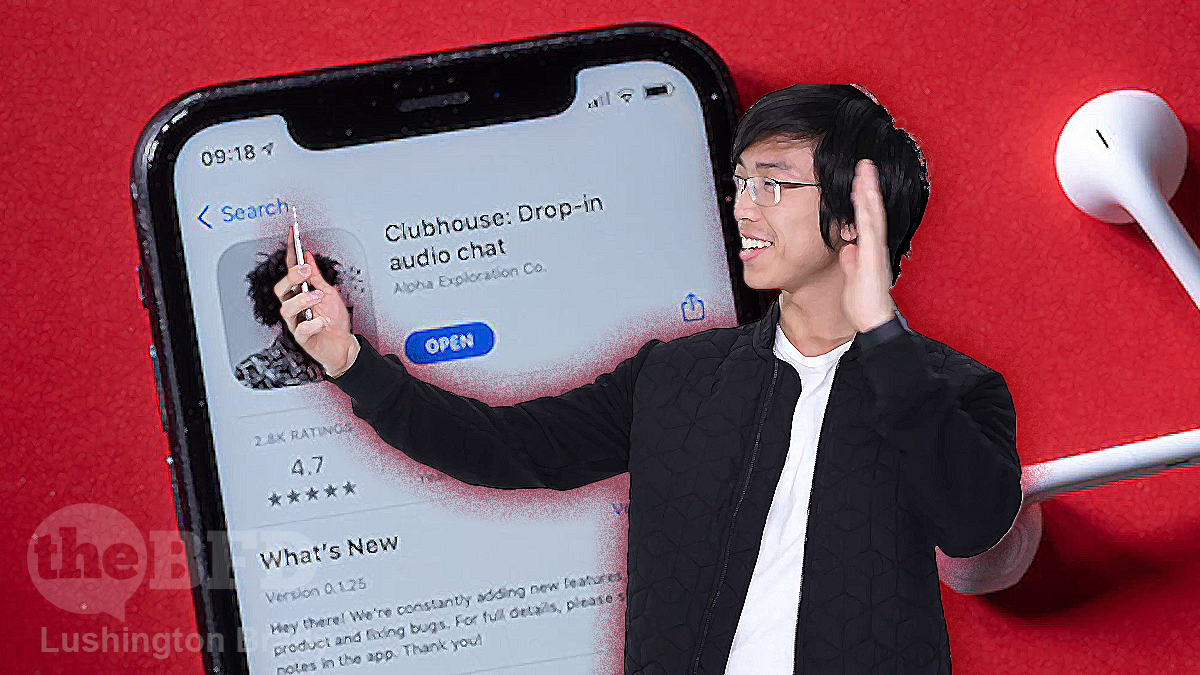As we in the West increasingly throw away our hard-won free speech rights, it’s worth paying attention to those who’ve never had them. You don’t know what you’ve got ’til it’s gone; more importantly, you only really appreciate something if you’ve never had it.
Millions of Chinese internet users recently experienced their first moments of free speech probably in their lives. They grasped it with both hands – and remarkable civility – before the brutal communist regime snatched it away again.
What happened to the Chinese last week is an object lesson in the fragility of free speech and the gormless idiocy of Westerners who want it taken away from them.
It was never going to last. For most of the past week, thousands of internet users in China spent their days and nights engrossed in intimate and taboo conversations with strangers across the country, as well as in Hong Kong, Taiwan and throughout the Chinese diaspora.
They asked questions about the protests in Hong Kong, reports of mass detentions of Uighurs in the western region of Xinjiang, the 1989 Tiananmen Square massacre and female orgasm – all topics that would normally be quickly censored on any Chinese social media platform.
Internet access in China is tightly controlled, bounded by what is known as the “Great Firewall”, a suffocating system of control that blocks access to social media like Twitter and Facebook. Like those platform’s “hate speech” algorithms, it also blocks taboo words – such as the “Three Ts”: Tiananmen, Taiwan and Tibet – and even pictures of Winnie-the-Pooh.
But, in an extraordinary oversight, an invitation-only, audio-chat app called Clubhouse briefly slipped under Beijing’s radar. Chinese users flocked to a rare chance to speak freely.
Discussions were wide-ranging and exhaustive.
One room focused on alleged internment camps in Xinjiang lasted more than eight hours, with participants including Han Chinese and Uighur residents speaking from the region. On Saturday, the anniversary of the death of the coronavirus whistleblower doctor Li Wenliang, users hosted a day-long moment of silence.
In another instructive lesson for Western social media users, Chinese didn’t just jump at the chance for free speech, they listened and exchanged ideas.
The exchanges were remarkable not just for the range of politically taboo topics they covered but for their civility. At times, participants waited hours for their turn to speak in rooms with more than 1000 people[…]
Halmurat Harri Uyghur, 36, a doctor and activist living in Finland, shared his own experiences, including the detention of his parents in Xinjiang, in a Clubhouse room of more than 4000 people. He said that after he spoke, many Chinese reached out to express sympathy[…]
Uyghur said some people on the platform attacked him – ” ‘You guys are terrorists. You guys, the Muslims, deserve something like that,’ ” he said.
“But if someone says something like that, dozens stand up for you, and that gives you confidence in the Chinese-speaking community,” he said. “My tears were coming down many times.”
[…]In one Clubhouse room, participants from mainland China asked residents of Hong Kong to explain why they were protesting[…]
“These five days show how possible it is for Taiwan and China to communicate and interact with each other in a normal way,” said Ken Young, based in Taiwan, who moderated some of the discussions. “It was only five days, but it’s like a hundred flowers bloomed.”
That particular phrase is an ominous one in Chinese history. Mao originally introduced the “Hundred Flowers” campaign to allow Chinese citizens to criticise the regime in the aftermath of the calamity of the Great Leap Forward. Of course, Mao quickly slammed the iron fist down again – and those foolish or bold enough to have spoken out found their briefly-sanctioned criticisms used against them as “confessions” in the brutal crackdown that followed.
On Monday, the hammer descended as users in several Chinese cities reported they could no longer access Clubhouse.
But Clubhouse’s brief, shining moment of Chinese free speech holds one last lesson for the West, where social media has been a tool of division rather than unity.
Kylie Wang, another moderator based in Taiwan, said the brief moment allowed those inside and outside China to push back against the polarisation caused by China’s increasingly tense relations with Hong Kong, Taiwan and the United States.
“What an authoritarian government wants is a divided society. The more divided it is, the better it can be controlled,” Wang said. “This has helped people realise they are not so different from each other.”
The Age
The Chinese communist regime may be the Nazi Germany of the 21st century, but it takes the Chinese people to give us in the West a lesson in the value of free speech and civility.
Please share this article so that others can discover The BFD

